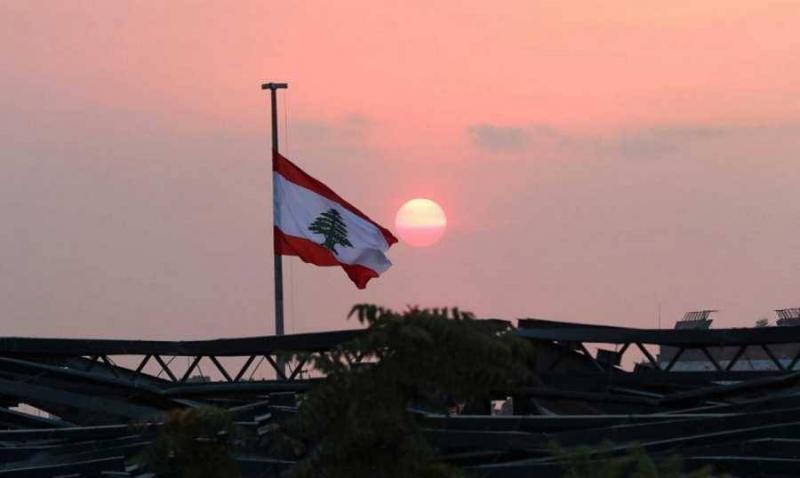Lebanon is anticipating the consequences following the Iranian strike on Israel, having received some shrapnel from drones and interception missiles in various parts of its territories. However, Hezbollah has not engaged directly and has kept its operations within its usual framework of response and counter-response. There are many questions in Lebanon regarding the day after the Iranian strike and what Benjamin Netanyahu's government will decide, as he has sought from day one to escalate the conflict and draw the Americans into it. Tehran has thrown the ball into Israel's court, but the fear in Lebanon remains that it could become the playing field, as reported by “Al-Jarida.”
According to diplomatic information in Beirut, the administration of U.S. President Joe Biden is pressuring Netanyahu not to directly retaliate against Iran, in order to avoid a regional war. Meanwhile, Netanyahu insists on continuing operations and altering the American perspective towards Tehran, seeing it as a serious threat to the Western agenda, and believes that agreements or understandings with Iran are not reliable. Netanyahu views this situation as a war that relates to the Western alignment, which he successfully re-established once Iran launched its attack on Israel, calling for military assistance from various Western countries, especially the U.S., France, and Britain. Netanyahu's interests lie in prolonging and expanding the war.
If American pressure prevents him from responding to Iran directly, he is likely to seek new support to continue his aggression against Gaza, particularly in the battle of Rafah, and then move to the front with Lebanon, especially since there are diplomatic officials affirming the difficulty of reaching diplomatic agreements to address the current situation along Lebanon's southern border following the Al-Aqsa Flood operation. There is a Western diplomatic consensus that Netanyahu will be insistent on expanding military operations in Lebanon against Hezbollah, which he has already begun to gradually escalate through the strikes he has been delivering.
Notably, as Israel prepared to respond to Iranian missiles and drones, its warplanes intensified their attacks on southern Lebanon and the Bekaa Valley as well, sending clear messages about readiness to move forward against Hezbollah, which has been on high alert in anticipation of any developments. Hezbollah transitioned through different stages of readiness, awaiting Israeli decisions in the coming days.
Diplomatic sources indicate that fears are mounting regarding an Israeli escalation, amid external data suggesting that the diplomatic solution is stalled and unfeasible, making an expansion of confrontation inevitable, with timing being crucial. Israel aims to change military rules and adjust the balance of power, believing it has succeeded in preventing Hezbollah from attacking it later. In addition to all the Israeli leaks focusing on the frontier's condition, there is renewed emphasis currently on Hezbollah's tunnels in the south, as Israelis propose moving to a new phase of either detonating or disabling them, an operation that seems unlikely through airstrikes alone, hence the concern about Israeli considerations for conducting ground operations, according to "Al-Jarida."




